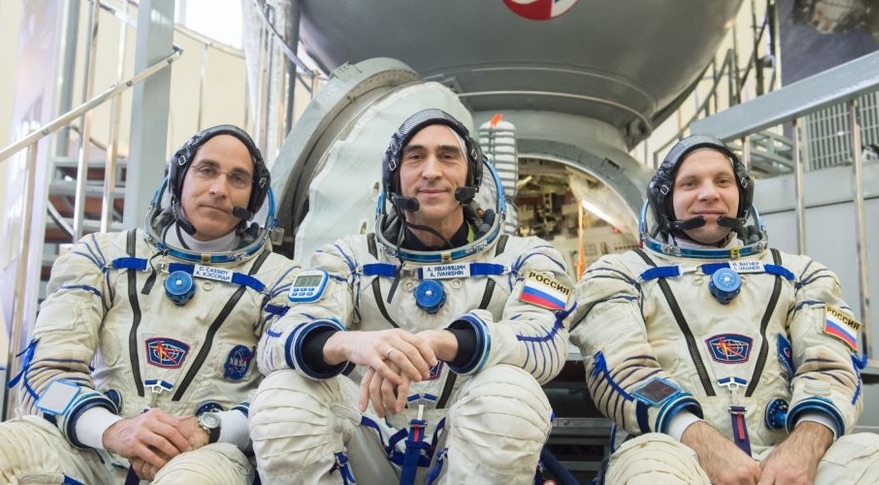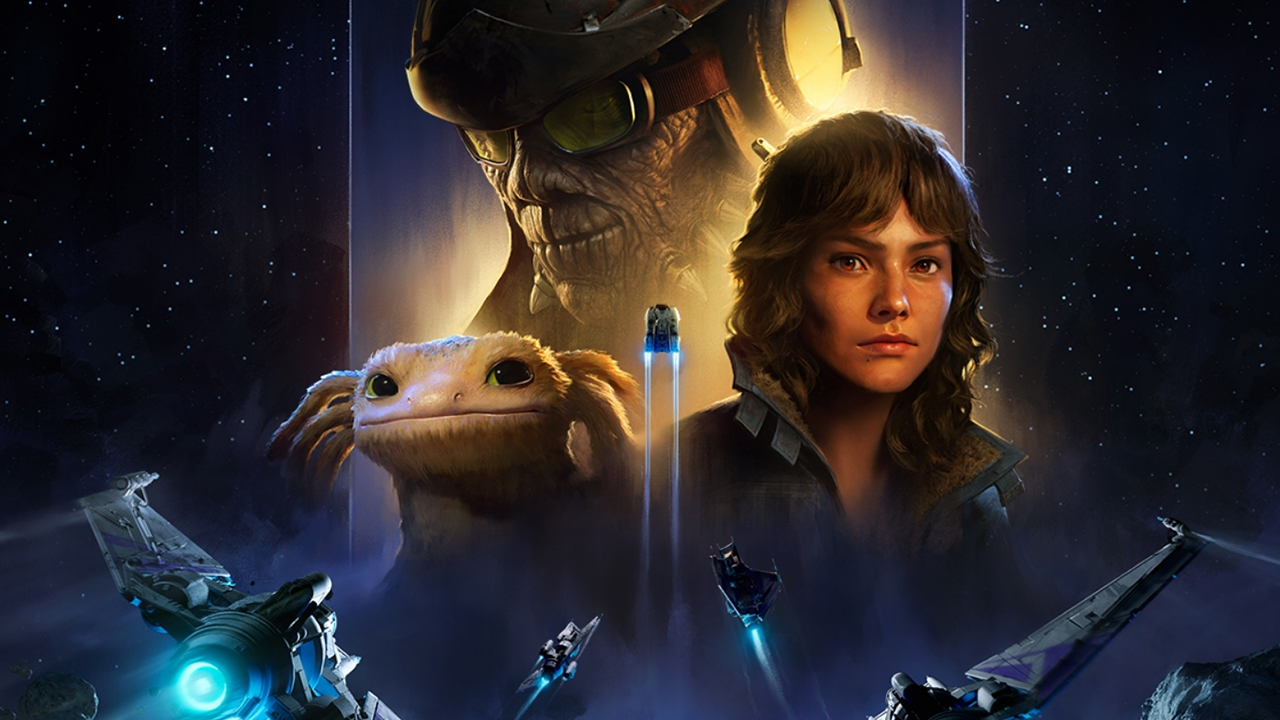Russian crew swap and coronavirus concerns weigh on upcoming launch to space station

With the next Soyuz mission preparing to launch to the International Space Station, the crew has passed its final exams. But, while NASA's space station manager has made assurances that an earlier swap of the two Russian cosmonauts on the crew should pose no issues, concerns surrounding coronavirus will likely alter the mission's standard preflight quarantine.
In February, Russian cosmonauts Nikolai Tikhonov and Andrei Babkin, who were originally slated to launch on this mission alongside U.S. astronaut Chris Cassidy, were replaced by cosmonauts Anatoly Ivanishin and Ivan Vagner. The reason for the swap was left relatively vague, but it's known that the two cosmonauts were swapped for medical reasons. The new trio is set to launch on the Soyuz MS-16 on April 9.
Kirk Shireman, the space station's program manager at NASA, told SpaceNews that he didn't expect the swap to cause any major issues with the mission. "For a while, Chris Cassidy was training with Ivanishin and Vagner, so he knows them really well," Shireman said. "Sometimes, changing the crew a month out is disruptive, but in this case, they know each other pretty well."
Related: Coronavirus in the U.S.; Map, case counts and news
More: NASA monitors coronavirus for impacts to US space program
Additionally, despite the swap, Shireman told SpaceNews that the new crew has received similar training, "so, we're in good shape," he said. "We expect everything to go smoothly." He added that Roscosmos is not concerned with issues pertaining to the swap either.
Since the early days of NASA's Apollo project, a few outlier issues with astronauts getting colds and other mild illnesses in space led the agency to implement a two-week, preflight quarantine. This was done to ensure that astronauts are not exposed to any bugs that could interfere with their health once they arrive in space.
With current concerns across the globe surrounding the spread of coronavirus, which has been labeled a pandemic, Russian officials had suggested that this preflight quarantine might be extended and start earlier. Shireman confirmed to SpaceNews that the agency was discussing further steps and options, though details on exactly what this might entail and how early the quarantine will start have yet to be revealed.
Get the Space.com Newsletter
Breaking space news, the latest updates on rocket launches, skywatching events and more!
"We expect them to take additional measures to make sure that quarantine is a little tighter," Shireman said. "We're ready to deal with that if it happens."
- Space Stress: How 1-Year Mission Is Studying Astronaut Health
- How Spacefaring Rodents Adapt to Life in Space (Video)
- The Human Body in Space: 6 Weird Facts
Follow Chelsea Gohd on Twitter @chelsea_gohd. Follow us on Twitter @Spacedotcom and on Facebook.
OFFER: Save at least 56% with our latest magazine deal!
All About Space magazine takes you on an awe-inspiring journey through our solar system and beyond, from the amazing technology and spacecraft that enables humanity to venture into orbit, to the complexities of space science.
Join our Space Forums to keep talking space on the latest missions, night sky and more! And if you have a news tip, correction or comment, let us know at: community@space.com.

Chelsea “Foxanne” Gohd joined Space.com in 2018 and is now a Senior Writer, writing about everything from climate change to planetary science and human spaceflight in both articles and on-camera in videos. With a degree in Public Health and biological sciences, Chelsea has written and worked for institutions including the American Museum of Natural History, Scientific American, Discover Magazine Blog, Astronomy Magazine and Live Science. When not writing, editing or filming something space-y, Chelsea "Foxanne" Gohd is writing music and performing as Foxanne, even launching a song to space in 2021 with Inspiration4. You can follow her on Twitter @chelsea_gohd and @foxannemusic.










